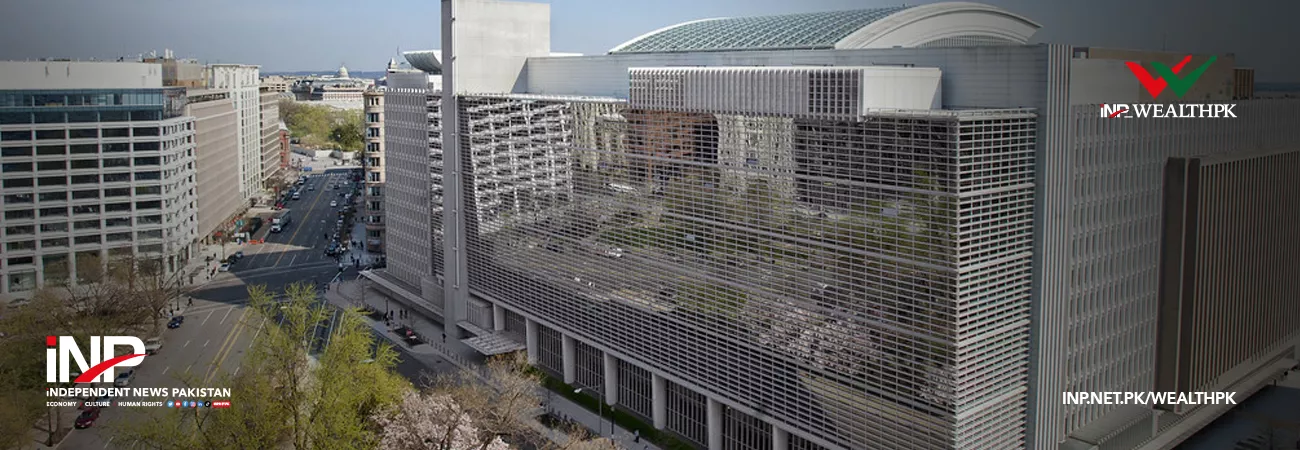INP-WealthPk
Uzair bin Farid
World Bank in its latest report raised concern over the weak state of human capital in Pakistan, which needs urgent reform. The report titled “Pakistan—Human Capital Review: Building Capabilities Throughout Life” said that the state of human capital in Pakistan falls below even the South Asian average of 0.48 over the Human Capital Index (HCI). It says that the human capital outcomes in Pakistan are below average in both relative and absolute terms. In the same category of South Asian countries, Bangladesh has an HCI value of 0.46 and Nepal has an HCI value of 0.49.
The report has compared the HCI values of Pakistan with that of the sub-Saharan average. The HCI average for sub-Saharan countries is 0.40, whereas the HCI value for Pakistan is 0.41. The report says that the most economically advantaged groups in Pakistan have lower human capital outcomes than less economically advantaged groups in peer countries. The report also states that if the current rate of human capital development continues, Pakistan will be able to increase its per capita GDP (gross domestic product) by a mere 18% by the year 2047.
Similarly, the statistics for early childhood development are also very alarming. According to the report, only 40-59% of children are reported by their parents to be on the right developmental track whereas the average for middle-income countries is 75%. Also, 40% of children under five are stunted, whereas 18% are “wasted.” The report also states that the number of out-of-school children in Pakistan currently stands at 20.3 million. In the same vein, the learning poverty rate of Pakistan before the floods (2022) and the pandemic stood at 75% and after the floods at 79%.
The report says that the economic gains from human capital can be realized only if people can utilise their skills and ingenuity in productive activities, such as gainful employment in the labour market. As soon as the utilisation in the labour market is adjusted, Pakistan’s HCI value falls from 0.41 to 0.20. The discrepancy in the utilisation of human capital is also evident across gender lines, the report says. The HCI value after labour utilisation is a mere 0.31 for men and 0.08 for women, indicating the vast difference in the participation of men and women in economic activities.
Female labour force participation as a percentage of total labour force is only 20% in the case of Pakistan, the report highlights. The report says that the state of human capital in the country needs urgent reform. Concrete steps need to be taken to rectify the worse than dismal state of human capital in the country. The report has suggested a comprehensive approach of “Building the Human Capital Throughout the Life Cycle.”
The cycle starts in the first phase of “In-Utero and Early Childhood.” This phase requires stringent pre-natal and post-natal care of both the mother and the child. Afterwards, a continuous supply of micro-nutrients is to be provided to the child so that his body can acquire vital building blocks for physical and mental growth. Family planning is another essential part of the first phase of this “Building the Human Capital Throughout the Life Cycle” approach.
The second phase of the program relates to the “Schooling” of the child. It calls for immunisation and nutrition programs, positive parenting support, early childhood education and water, sanitation and hygiene services. Early and late education need impeccable school infrastructure, training for teachers, conditional cash transfers for the underprivileged, and school feeding programs.
After the phase of education comes the phase of entering the labour market. The state of labour market should be improved with active labour market policies, skilling, public insurance and safety nets, women’s empowerment and reducing the instances of harassment. As for the later stages of life, the report says that there need to be policies for inclusive social pensions, affordable and accessible healthcare, and investments in age-smart infrastructures.
Credit: Independent News Pakistan-WealthPk




